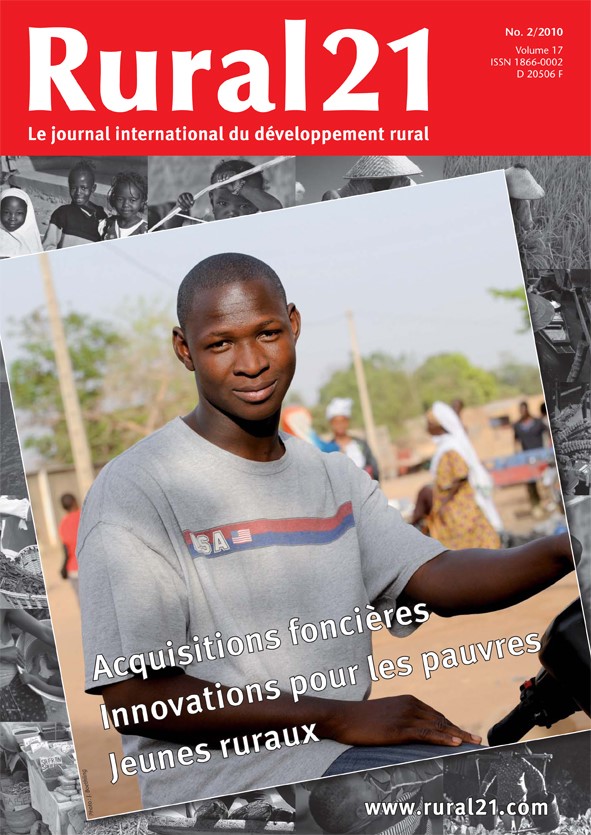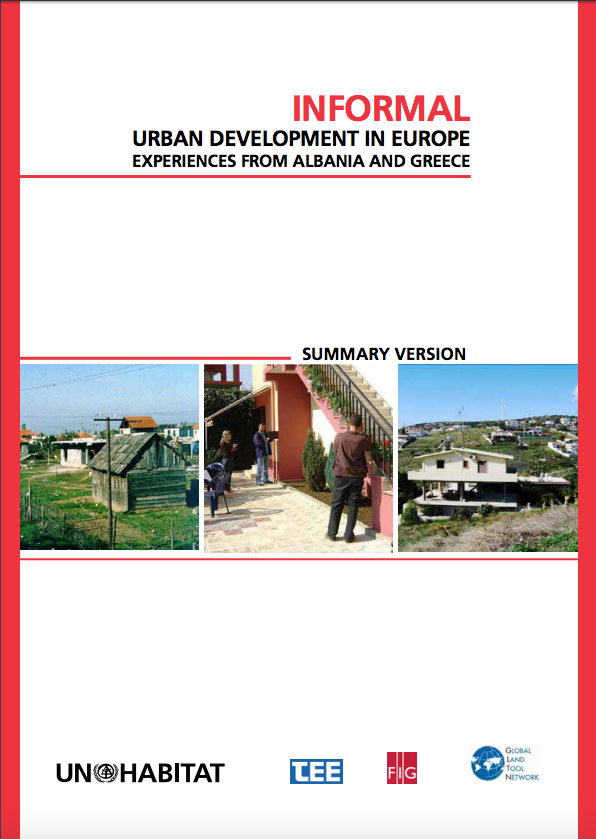Livelihoods after land reform: Namibia country report
The Namibian part of a 3-country project which also covered Zimbabwe and . Includes land reform and poverty: national policy context; regional contexts: Hardap and Omakeke; Affirmative Action Loan Scheme; Farm Unit Resettlement Scheme; group settlement schemes; rethinking viability: reflecting on the research findings; policy implications.






